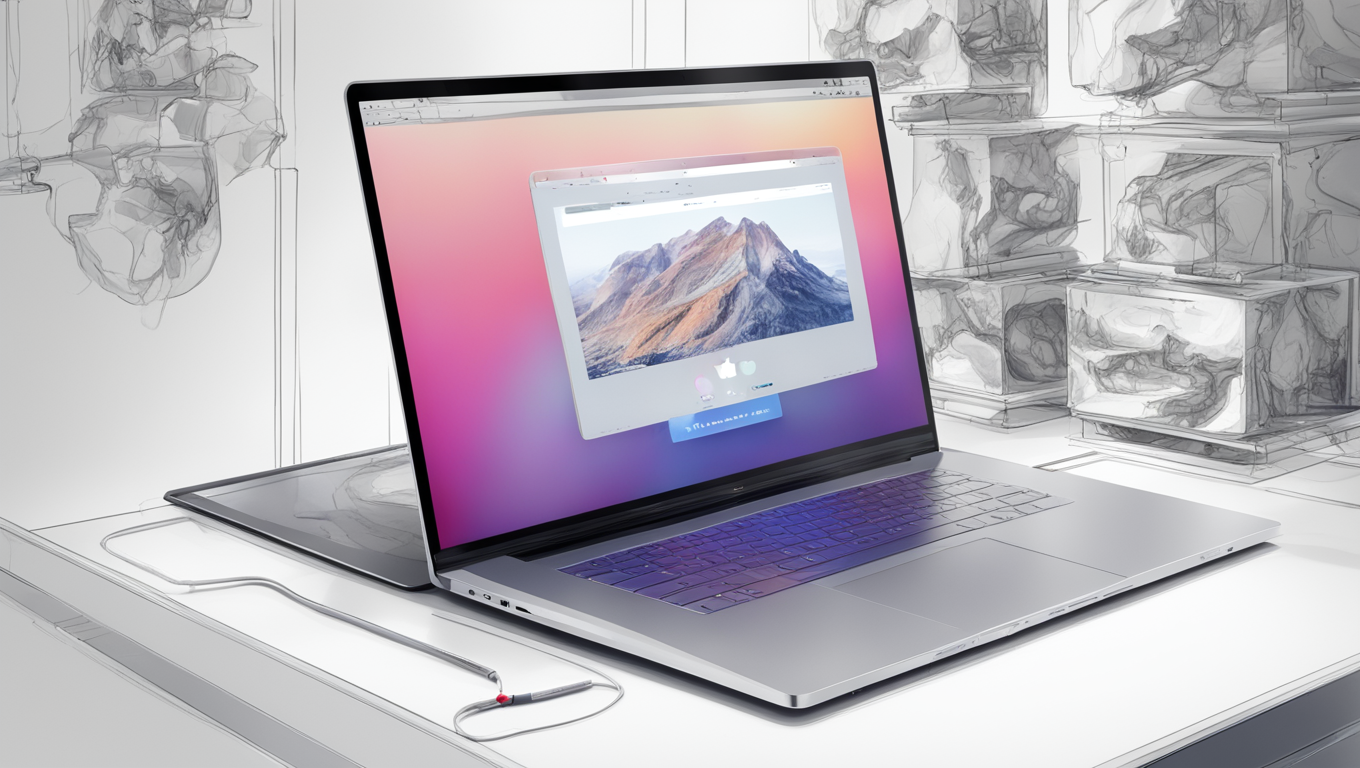In the fast-paced world of technology, staying ahead of the competition is crucial. And Apple, a company known for its innovation, is making moves to keep up with its rivals in the AI sector. Recent reports from the Wall Street Journal suggest that Apple is in talks with Meta, the parent company of Facebook, to integrate Meta’s generative artificial intelligence (AI) into its products.
This development comes shortly after Apple announced a partnership with OpenAI, the creator of ChatGPT, to incorporate AI capabilities into its new service called “Apple Intelligence.” By leveraging the expertise of OpenAI, Apple aims to enhance the functionality of its coveted devices with cutting-edge AI technology.
While Apple has already developed its own smaller-scale AI capabilities, the company recognizes the need to collaborate with external entities like OpenAI and potentially Meta to strengthen its AI offerings. Through these partnerships, Apple aims to expand its AI capabilities and provide even more innovative features to its customers.
Integrating Meta’s generative AI into “Apple Intelligence” could have significant implications for Apple’s products and services. Generative AI has the ability to create new content, ranging from text to images, and could enhance user experiences across various Apple platforms. Users may benefit from more personalized recommendations, improved voice assistants, and advanced image recognition.
But what exactly is generative AI? It is an area of AI that focuses on machines being able to generate original and creative outputs. The technology is trained on vast amounts of data and can then generate new content based on patterns and insights learned during the training process. This capability has the potential to revolutionize various industries, from entertainment to healthcare.
In discussing the potential integration with Meta, Apple CEO Tim Cook stated, “We believe that working closely with companies like Meta can help us push the boundaries of what is possible with AI. By harnessing their expertise in generative AI, we can further enhance our products and create even more intelligent experiences for our users.”
While Apple’s efforts to integrate AI are commendable, it’s important to note that it isn’t the only company pursuing advancements in this field. Competitors such as Google have already made strides in generative AI, and Apple recognizes the need to keep up. This competition drives innovation and ultimately benefits consumers as companies vie to deliver the most cutting-edge products and services.
As the discussions with Meta continue, it remains to be seen how the integration of generative AI into Apple’s ecosystem will unfold. However, one thing is certain: Apple is committed to staying at the forefront of AI technology.
In the words of Meta’s CEO, “We are excited about the potential partnership with Apple. Their dedication to pushing the boundaries of technology aligns with our own aspirations. By integrating our generative AI, we can create a truly seamless and intelligent experience for Apple users.”
As we eagerly await further updates, it is clear that the integration of Meta’s generative AI into Apple’s products could be a game-changer for the tech giant. With the potential for more personalized, intelligent experiences, Apple is once again poised to revolutionize the way we interact with technology.
In the ever-evolving landscape of technology, staying competitive is a necessity. And Apple’s strategic collaborations and integration of generative AI serve as a testament to its commitment to innovation. As consumers, we can look forward to a future where our devices are even smarter, more intuitive, and capable of creating truly extraordinary experiences.





Use the share button below if you liked it.